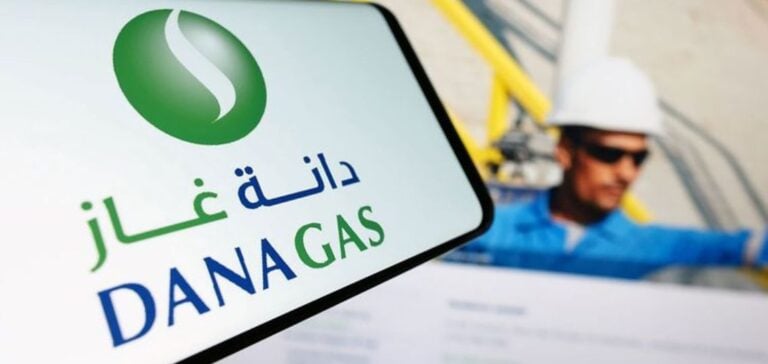The Khor Mor complex in Iraq, operated by Dana Gas, suffered a fatal drone strike, killing four employees and injuring eight others. The drone struck a condensate storage tank, causing extensive damage. In response, Dana Gas temporarily suspended production, promising changes in procedures to ensure the safety of installations and personnel.
Safety context and reactive measures
The gas complex has been the target of several unclaimed Katyusha rocket attacks in the past, often attributed to pro-Iranian groups by the Kurdish authorities. Although these incidents have not previously caused significant damage, the recent attack has a direct impact on the region’s economy and gas supply, with a loss of 2,500 megawatts of electricity. Dana Gas is therefore working with the authorities to reinforce safety measures, and plans to resume production rapidly once these measures are in place.
Political and economic implications
The suspension of Dana Gas activities in Khor Mor also affects political relations in an already unstable region. The authorities in Iraqi Kurdistan and the central Iraqi government, as well as security agencies, are under pressure to respond effectively to these threats. The consequences of this attack are a risk to regional power dynamics and the operations of international energy companies in the area.
The attack on the Khor Mor gas complex raises urgent questions about the security of energy infrastructures in conflict zones. As Dana Gas assesses safety procedures, the incident highlights the challenges of stability in a region considered crucial to global energy.





















